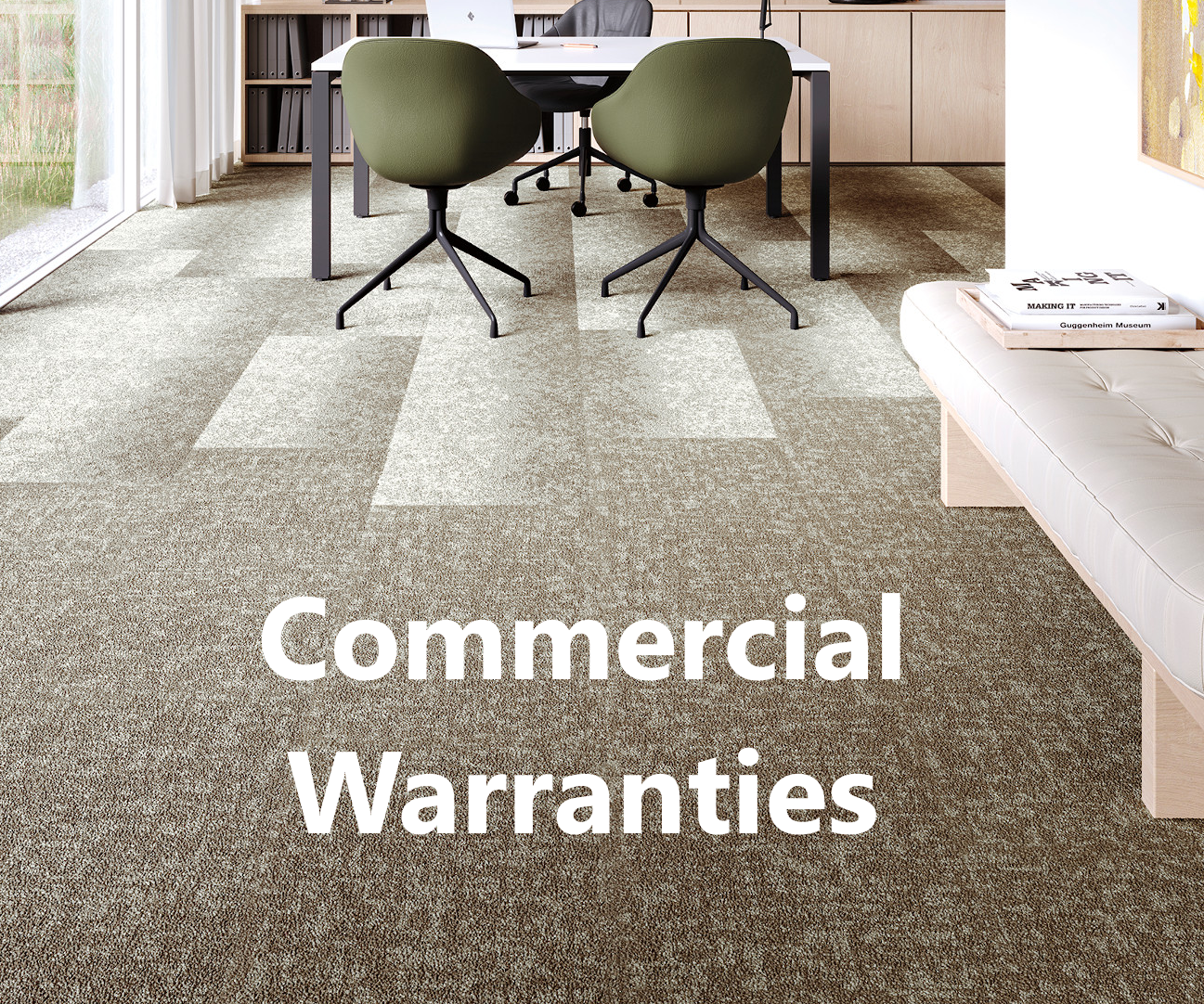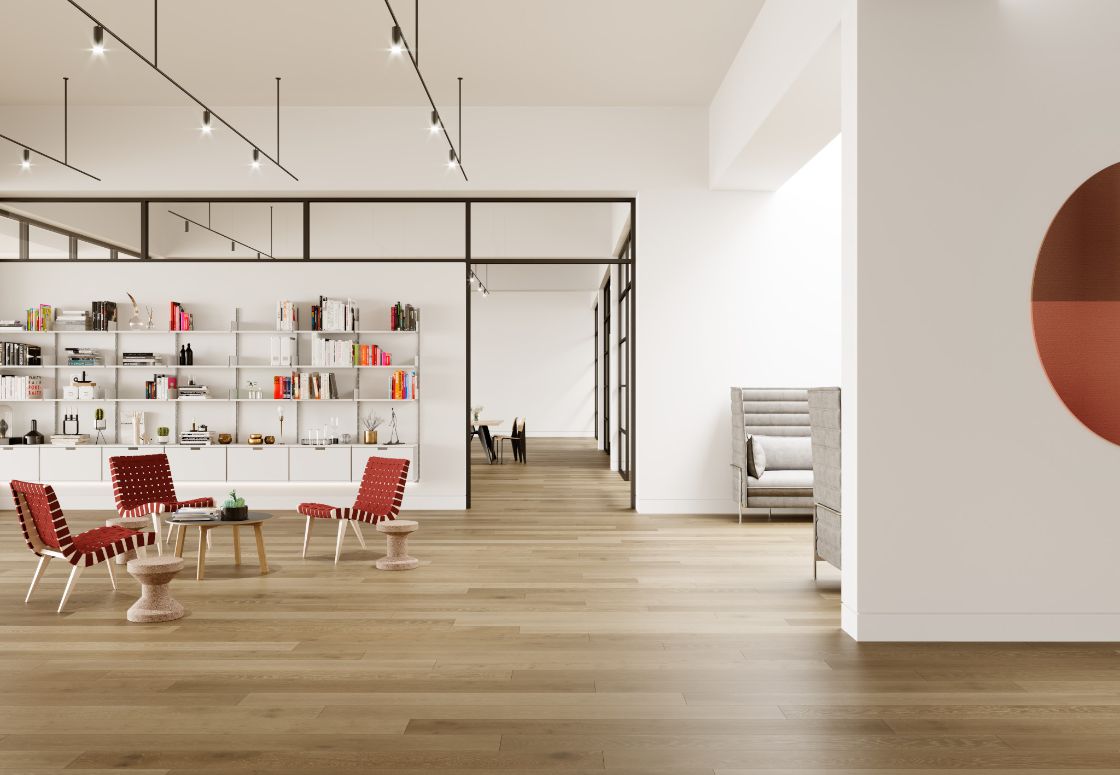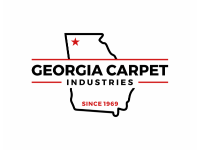What Does A Commercial Warranty Cover In Hardwood Flooring, LVP, and Carpet?
If you are looking to spruce up a commercial area with either hardwood, carpet, or LVP, one of the first things you want to look into is warranties. This is especially important in a commercial setting because of the larger-sized order that is being placed. You want to make sure that each plank, tile, or roll is covered for defects and various oddities before you make that big purchase. The warranties found in commercial products are different than residential because of various factors in durable flooring and maintenance. With commercial flooring, you need something that is easy to clean and can withstand heavier traffic than say, a home. Products with commercial warranties are designed to last and take into account the difference in residential needs. There are lifetime or year-limited warranties (years tend to be 3, 5, 10, or 15). These usually depend on the product or brand.
Products are sometimes more suited for what they call light commercial use. Light commercial uses are more specific, obviously, the lobby of a hotel is considered a heavier trafficked area than a personal office. Depending on what the manufacturer lists as areas they consider light traffic, the warranty will slightly differ. With so many commercial flooring products out on the market, it is hard to know exactly what each one entails. Between hardwood, LVP, and carpet the differences are endless. Whether it’s rolls or tiles there will be a couple of carpet-specific aspects included in the commercial warranty that doesn’t exactly apply to LVP or hardwood. Things like delamination are included in their commercial warranties. This means the manufacturer warrants that the backing will not delaminate from the face carpet.

Tuftbind/Zippering is also included in many of Shaw’s commercial warranties. They assure the backing system will provide superior tuft bind strengths consistent with accepted industry standards for that specific type of backing. Another factor to carpet is static protection. Many brands offer warranties that state the carpet will not generate static build-up in excess of a certain measure. In order to have these warranties be valid, oftentimes you must register your product. This should be done before you place and use it. Conditions also apply to the warranties so make sure to read your product-specific paperwork/information. For hardwood flooring, warranties are much different. Because of the graining and staining that goes into making the planks, the manufacturer covers another aspect of quality. This is usually some form of finish/wear warranty, meaning the face surface wear layer will not peel off or wear through, for the indicated period of time, from the date of purchase.

Luxury Vinyl Planks have a similar warranty but more specific to vinyl rather than hardwood. Theirs has more to do with permanent staining to the surface layer rather than peeling. They also have more warrants geared towards moisture protection. Each brand and product varies in what exactly they cover but generally, they should go over one similar factor. That is defects. No matter what the product type or design, a good warranty will ensure that the product can be replaced if it comes with an obvious structural flaw/defect. If you ever find yourself needing a commercial warranty service, you must have proof of purchase and should contact the manufacturer as soon as you discover the issue. At Georgia Carpet Industries we hope you never run into this problem, but if you do we’re always happy to help. Contact us today or visit in-store/online at georgiacarpet.com.


